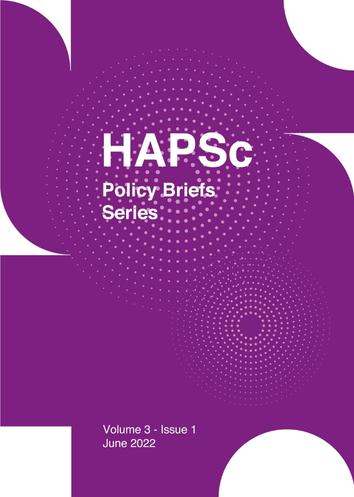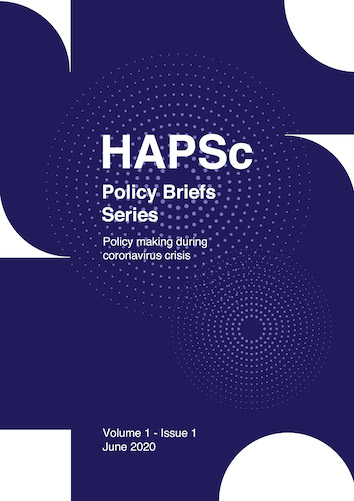Putin’s Great Patriotic War: Russia’s Securitization of the West and Humiliation Narratives Surrounding the 2022 Invasion of Ukraine

Abstract
The paper seeks to analyze Vladimir Putin’s securitization of the West in his speech at a military parade in Moscow’s Red Square on the 9th of May 2022. Thereby, the article employs political discourse analysis and Copenhagen School’s securitization theory to show how Putin uses speech acts to transform the West into an existential threat and justify the adoption of extraordinary measures, such as the 2022 Russian invasion of Ukraine. Furthermore, the research refers to Richard Sakwa’s concepts of “cold peace” and “neo-revisionism” to make sense of the emergence of such discourse. By using humiliation narratives and evoking patriotic images, Putin exacerbates a sense of victimhood and historical right in the Russian audience that emphasizes the state’s isolationism and historic role to fight against the “Nazified” West and Ukraine. Putin also promotes an image of Russia’s superiority, supporting cultural and civilizational pluralism and diversity ending the pre-existing Western universalism. The paper concludes that with these practices, the Russian president manages to not only successfully securitize the West but also spur significantly the public’s support for his war.
Article Details
- How to Cite
-
Fusiek, D. A. (2022). Putin’s Great Patriotic War: Russia’s Securitization of the West and Humiliation Narratives Surrounding the 2022 Invasion of Ukraine. HAPSc Policy Briefs Series, 3(1), 105–113. https://doi.org/10.12681/hapscpbs.30999
- Section
- Articles

This work is licensed under a Creative Commons Attribution 4.0 International License.
Authors retain copyright and grant the journal right of first publication with the work simultaneously licensed under a Creative Commons Attribution License that allows others to share the work with an acknowledgement of the work's authorship and initial publication in this journal.



